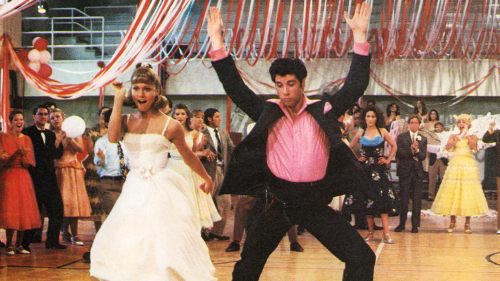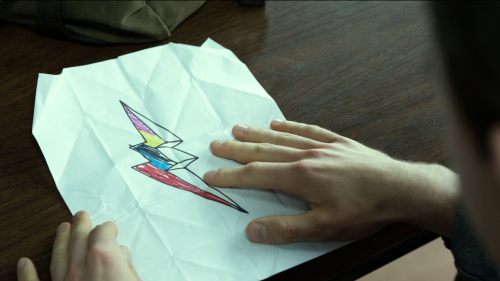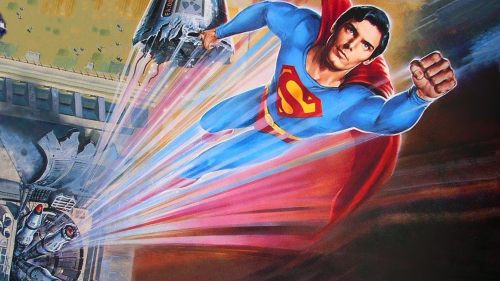Say Something Nice: GREASE
I hate Grease. I hate Grease so much I was once on a podcast where I talked for an hour solely about how much I hate Grease. I’m not the first person to declare Grease 2 > Grease, but whenever this debate starts making the rounds amongst cinephiles, most of the time is spent defending Grease 2 rather than just admitting Grease is a drizzling mess from start to finish.
Grease is a problematic product of its time and I understand that it’s unfair to look back at a film through a “woke” lens and try to apply modern ideologies onto something outdated. It's an idealized look at a “better time” before, that actually wasn’t better for anyone that wasn’t straight, white, and well-to-do. The film is a storm of slut-shaming, prude-shaming, encouraging women to change everything about themselves to impress a guy, excusing predatory behavior from television show hosts, romanticizing a failed attempt at sexually assaulting a woman in a drive-in, and a shit-ton of hand jives. Our childhood nostalgia attached to this film and the fact our grandparents probably also love it makes it far more difficult for us to recognize that Grease is the world Trump is talking about when he talks about wanting to “make America great again.”
All of the characters in Grease are insufferable, the music is catchy without actually saying anything important or meaningful, and the casting of people well into their 30s as high school students makes all of the questionable behavior harder to recognize because everyone appears to be a consenting adult. Having said all that, if there’s one thing that Grease gets right, it’s Stockard Channing’s portrayal of the ultimate “bad-girl in school,” Betty Rizzo.
Rizzo is the sharp tongued leader of “The Pink Ladies,” and the most unashamed female high school character in the cinematic canon. After the school ostracizes her when it’s rumored she’s become pregnant, she completely leans into this reputation before anyone can beat her to the punch. She shows up to the high-school dance in a slimming red gown, prepared to dance as provocatively as her classmates assume she is. The only saving grace of Grease is Channing’s rendition of (in my opinion) the best song of the entire film, “There Are Worse Things I Could Do.”
Every song in Grease feels manufactured, overdramatic, and downright campy. Comparatively, “There Are Worse Things I Could Do” is raw confession of a woman owning her reputation, her sexuality, and coming to terms with the complexities of what's "expected" of women. The camera hangs on Stockard Channing as she meanders through her high school courtyard, devoid of any unnecessary dance numbers or nonsensical “ramalamalama” lyrics. Rizzo is an absolute icon for modern feminists and a nightmare for parents of the 1950s. She may serve thematically in the film as the “anti-Sandy,” but she’s hands-down the most layered and developed character in an otherwise conservative and squeaky-clean musical. It’s so anti-Grease to give the supposed negative influence the only sincere moment in the entire film, but the musical canon is better because of it.



